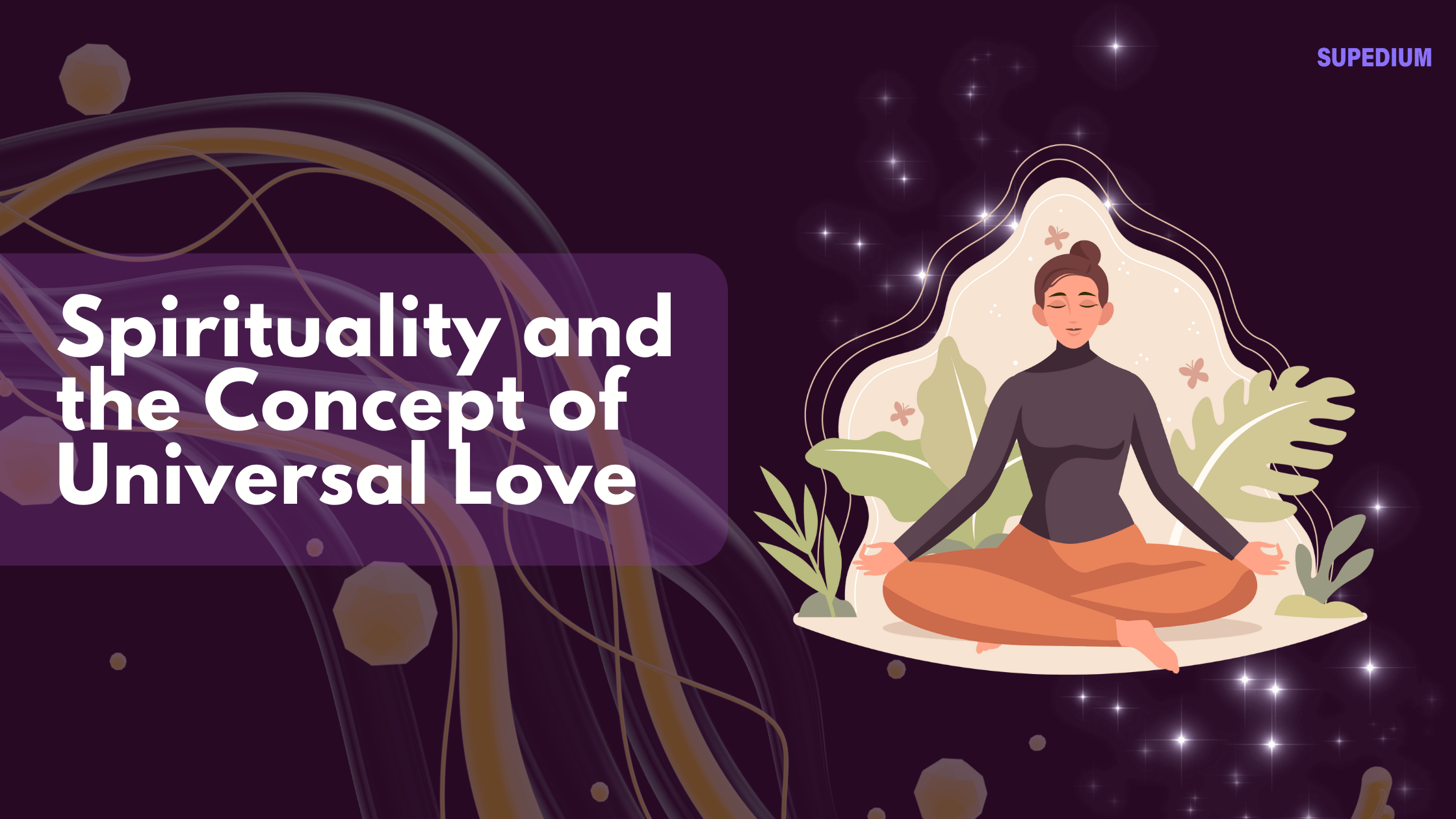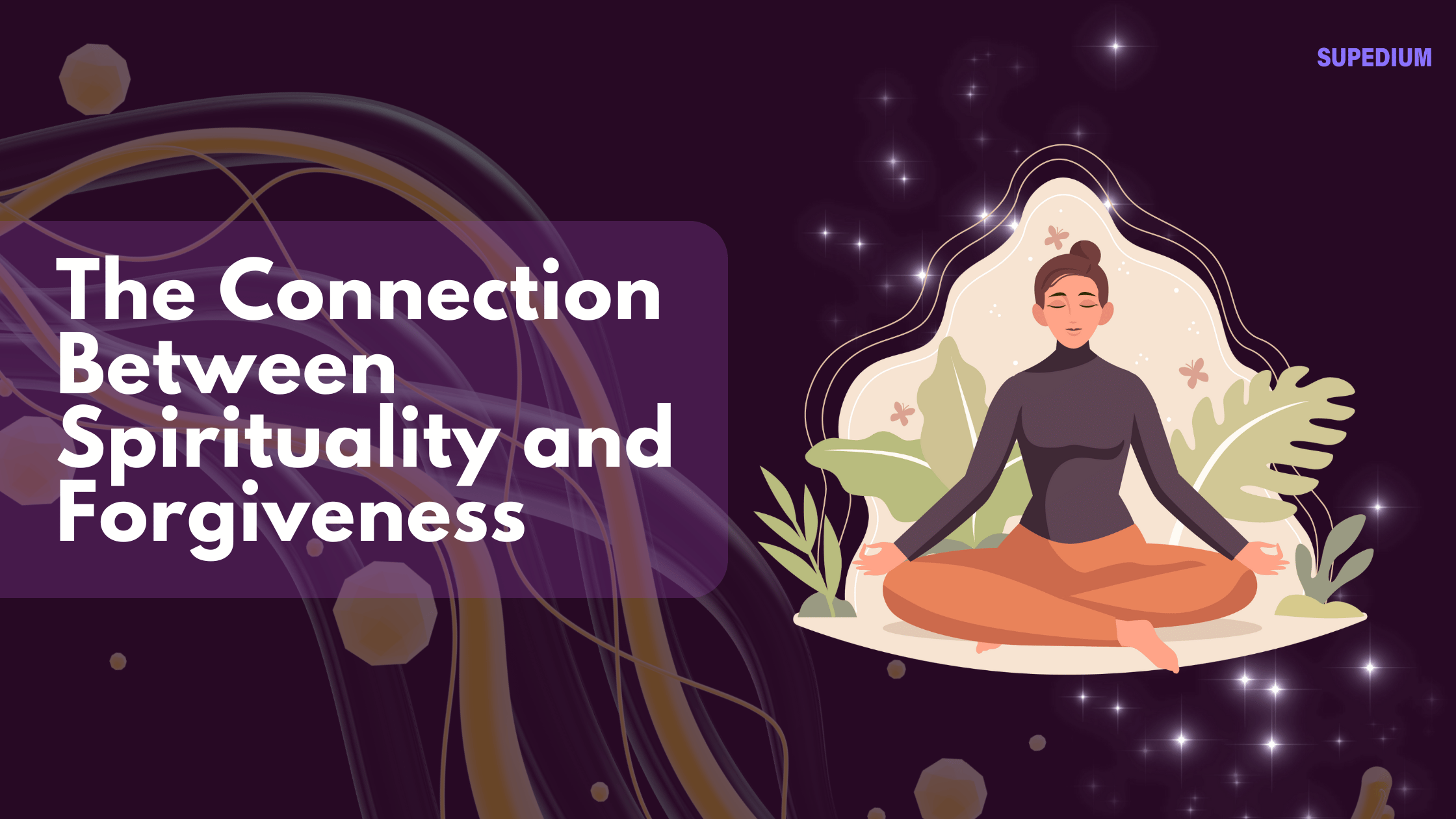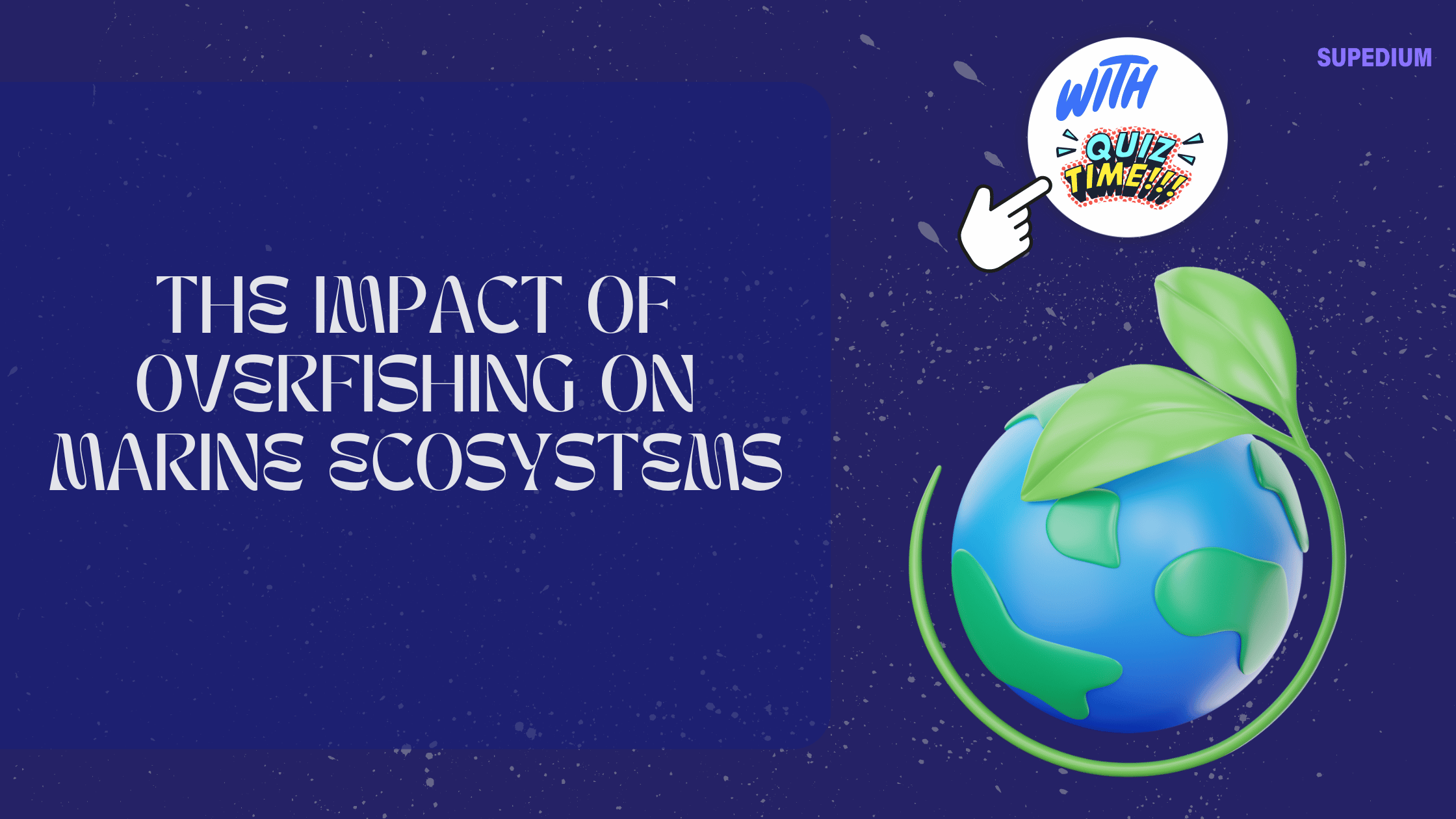Table of Contents
![]()
I. Introduction
Spirituality is a multifaceted concept that often involves the exploration of one’s inner self and a connection to the greater cosmos. It transcends specific religious practices, encompassing various interpretations across cultures and belief systems. One significant aspect of spirituality is the idea of universal love—a profound, unconditional love that extends beyond personal relationships to encompass all of humanity and the universe.
This article aims to explore the intersection of spirituality and universal love, examining their historical roots, key concepts, psychological implications, and their potential to foster social change and personal growth.
II. Historical Context
A. Spirituality Across Cultures
Throughout history, spirituality has manifested in diverse forms across various cultures. Indigenous spiritual practices often emphasize a deep connection to nature and the community. Eastern philosophies, such as Buddhism and Hinduism, advocate for inner peace, compassion, and the recognition of interconnectedness. In Western traditions, religious texts and practices have frequently highlighted love as a fundamental aspect of spiritual life.
B. Historical Evolution of the Concept of Love
The concept of love has been a topic of philosophical discourse for centuries. Ancient texts, including those of Plato and Aristotle, explored different types of love—ranging from romantic to platonic. In modern times, love has been examined through the lens of psychology, emphasizing its role in human relationships and personal development.
III. Key Concepts in Spirituality
A. Connection to the Self
A core element of spirituality is the connection to oneself. Practices like meditation and mindfulness facilitate self-exploration and foster a greater understanding of one’s thoughts and emotions. This inner journey often leads to personal transformation, self-awareness, and a deeper sense of purpose.
B. Connection to Others
Spirituality also emphasizes the importance of relationships with others. Empathy, compassion, and forgiveness are vital components of this connection. Recognizing our shared humanity fosters a sense of belonging and interconnectedness.
C. Connection to the Universe
The concept of oneness extends beyond personal and social connections, encompassing a relationship with the universe. Many spiritual traditions teach that everything is interconnected, encouraging individuals to see themselves as part of a larger whole. This perspective fosters respect for nature and a deeper appreciation for life.
IV. Universal Love in Spiritual Context
A. Definition and Characteristics
Universal love is often defined as unconditional love that transcends personal relationships and societal boundaries. It embodies compassion, kindness, and a deep-seated desire for the well-being of all beings. This form of love is viewed as a fundamental force in the universe, promoting harmony and unity.
B. Universal Love in Different Spiritual Traditions
Various spiritual traditions articulate the concept of universal love:
- Buddhism: The principle of Metta, or loving-kindness, encourages practitioners to extend love and compassion to all beings.
- Christianity: Agape love, often referred to as divine love, emphasizes selfless love for others, including enemies.
- Sufism: This mystical branch of Islam teaches about divine love and the unity of all existence.
- Indigenous Perspectives: Many Indigenous cultures emphasize love for community and the land, viewing them as sacred.
C. Universal Love as a Practice
Practicing universal love involves conscious efforts to show kindness and compassion in daily life. Simple acts of service, mindfulness, and awareness of our interconnectedness can cultivate this love in ourselves and others.
V. Psychological Perspectives
A. Impact of Spirituality on Mental Health
Research has shown that spirituality can significantly impact mental health. Engaging in spiritual practices can reduce stress, enhance emotional well-being, and foster resilience. Individuals often find solace and strength in their spiritual beliefs during challenging times.
B. Love as a Therapeutic Tool
Universal love plays a crucial role in healing. Compassionate relationships can create safe spaces for individuals to express their vulnerabilities and heal from emotional wounds. Psychotherapy often incorporates elements of empathy and understanding, emphasizing the power of love in recovery.
VI. Universal Love and Social Justice
A. Love as a Catalyst for Change
Universal love has historically inspired social movements and change. Figures like Martin Luther King Jr. and Mahatma Gandhi embodied this love, advocating for equality and justice through nonviolent means. Their teachings emphasize that love can challenge systemic injustices and foster societal transformation.
B. Addressing Societal Issues Through the Lens of Universal Love
Viewing societal issues through the lens of universal love can lead to more compassionate approaches to addressing inequality, discrimination, and environmental degradation. Love for humanity and the planet encourages collective action and sustainable practices.
VII. Challenges and Misconceptions
A. Misinterpretations of Universal Love
Universal love is often misunderstood. It is essential to distinguish it from romantic love and recognize that it does not require self-sacrifice at the expense of personal boundaries. Understanding this distinction can help individuals cultivate a healthier form of love.
B. Challenges in Embodying Universal Love
In practice, embodying universal love can be challenging. Societal divisions, prejudices, and personal struggles with forgiveness can hinder the expression of love. Recognizing these challenges is the first step toward overcoming them and fostering a more loving environment.
VIII. Practical Applications
A. Cultivating Universal Love in Daily Life
Individuals can cultivate universal love through everyday actions. Practicing mindfulness, engaging in community service, and fostering connections with others can help instill a sense of love and compassion in daily life.
B. Spiritual Practices that Foster Love
Incorporating spiritual practices into daily routines can enhance feelings of love and connection. Activities such as prayer, meditation, and reflection encourage individuals to connect with themselves and the greater universe, reinforcing the values of love and compassion.
IX. Conclusion
The relationship between spirituality and universal love is profound and transformative. By exploring their historical roots and key concepts, we can better understand their significance in our lives. Integrating spirituality and universal love can lead to personal growth, emotional well-being, and a more compassionate society.
As we navigate our individual and collective journeys, embracing and practicing universal love can pave the way for deeper connections and a more harmonious world. It is a call to action for individuals and communities to embody love in all its forms, fostering unity and understanding in an increasingly divided world.
Share This





Be the first to comment